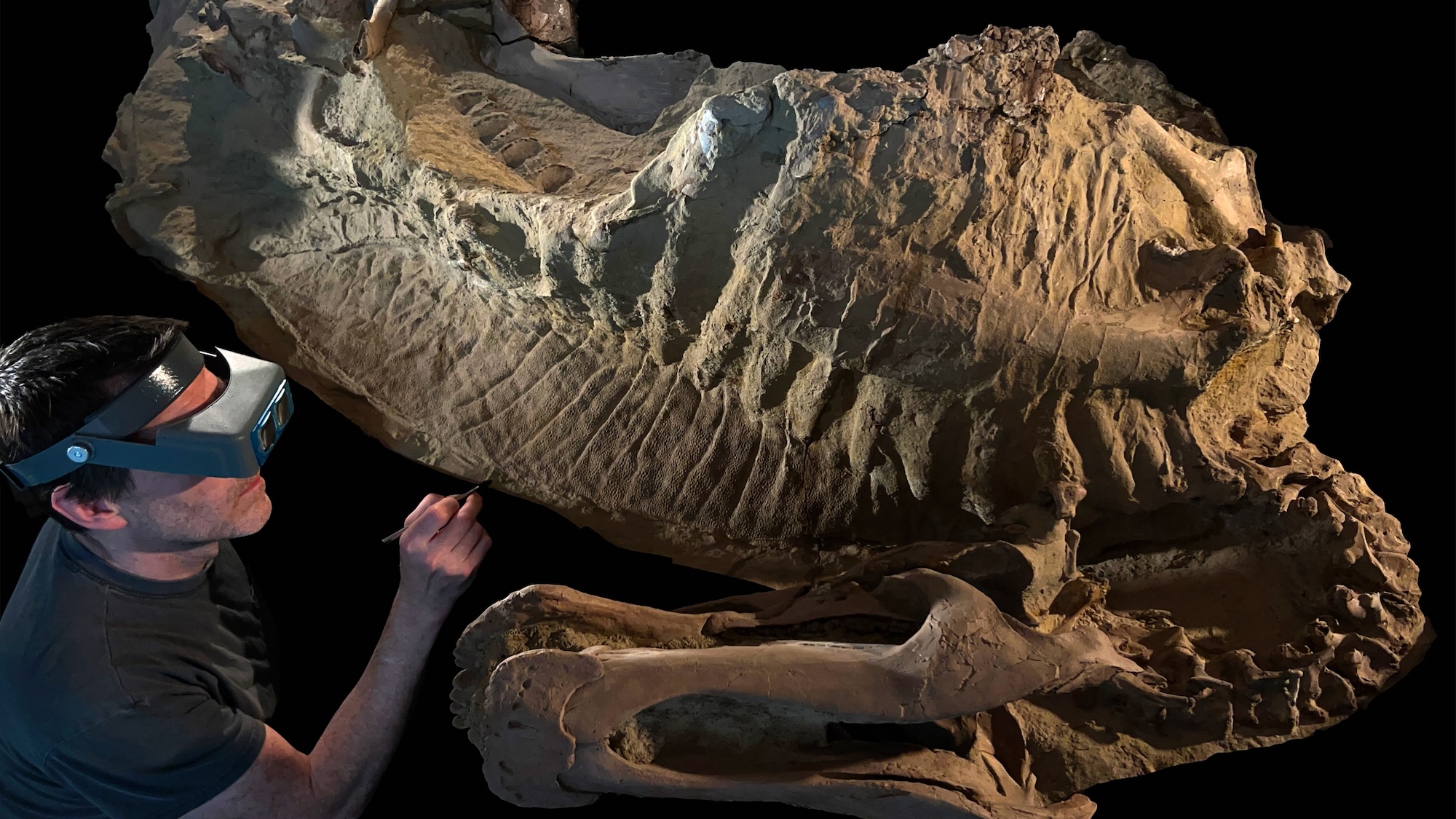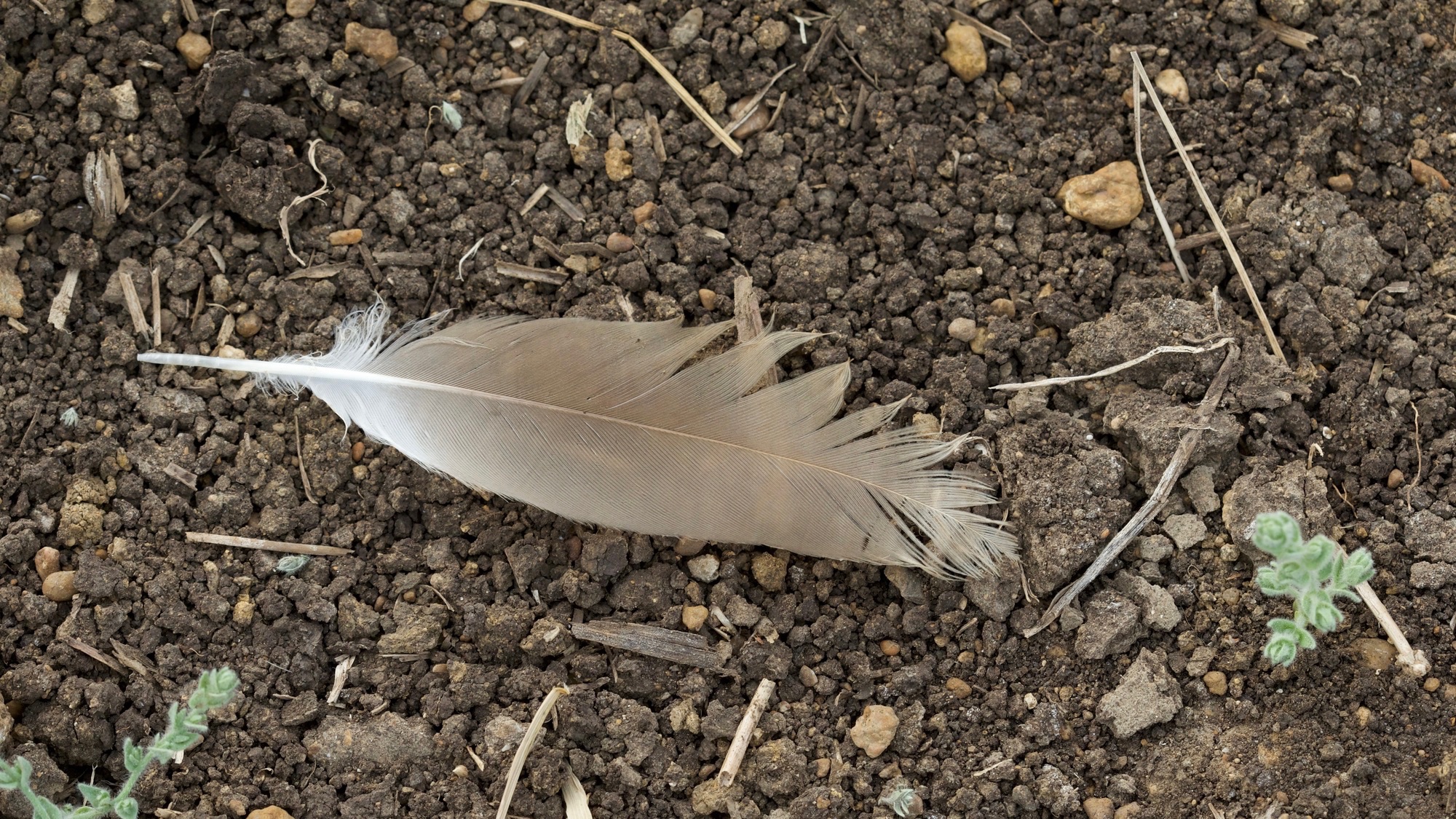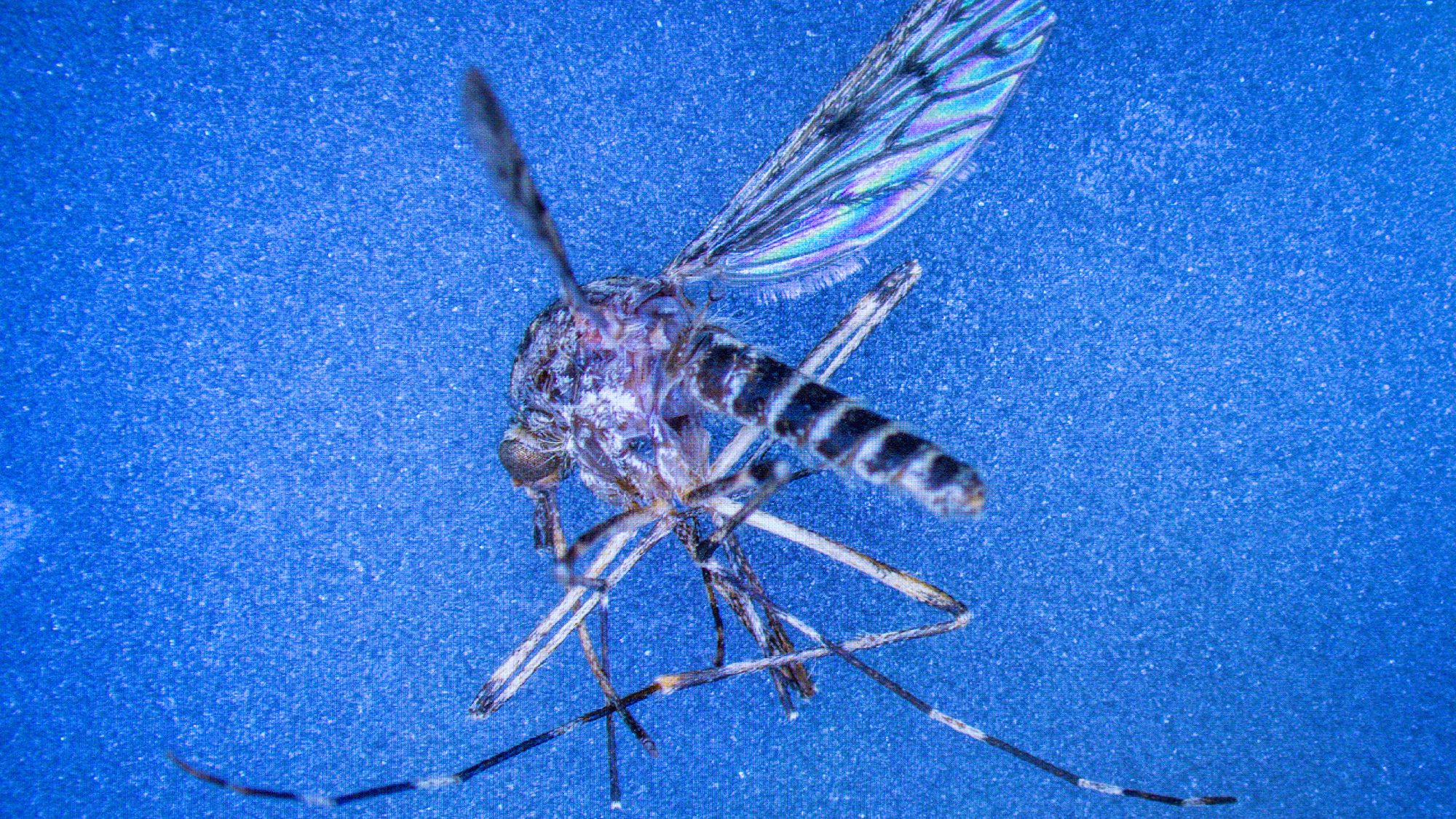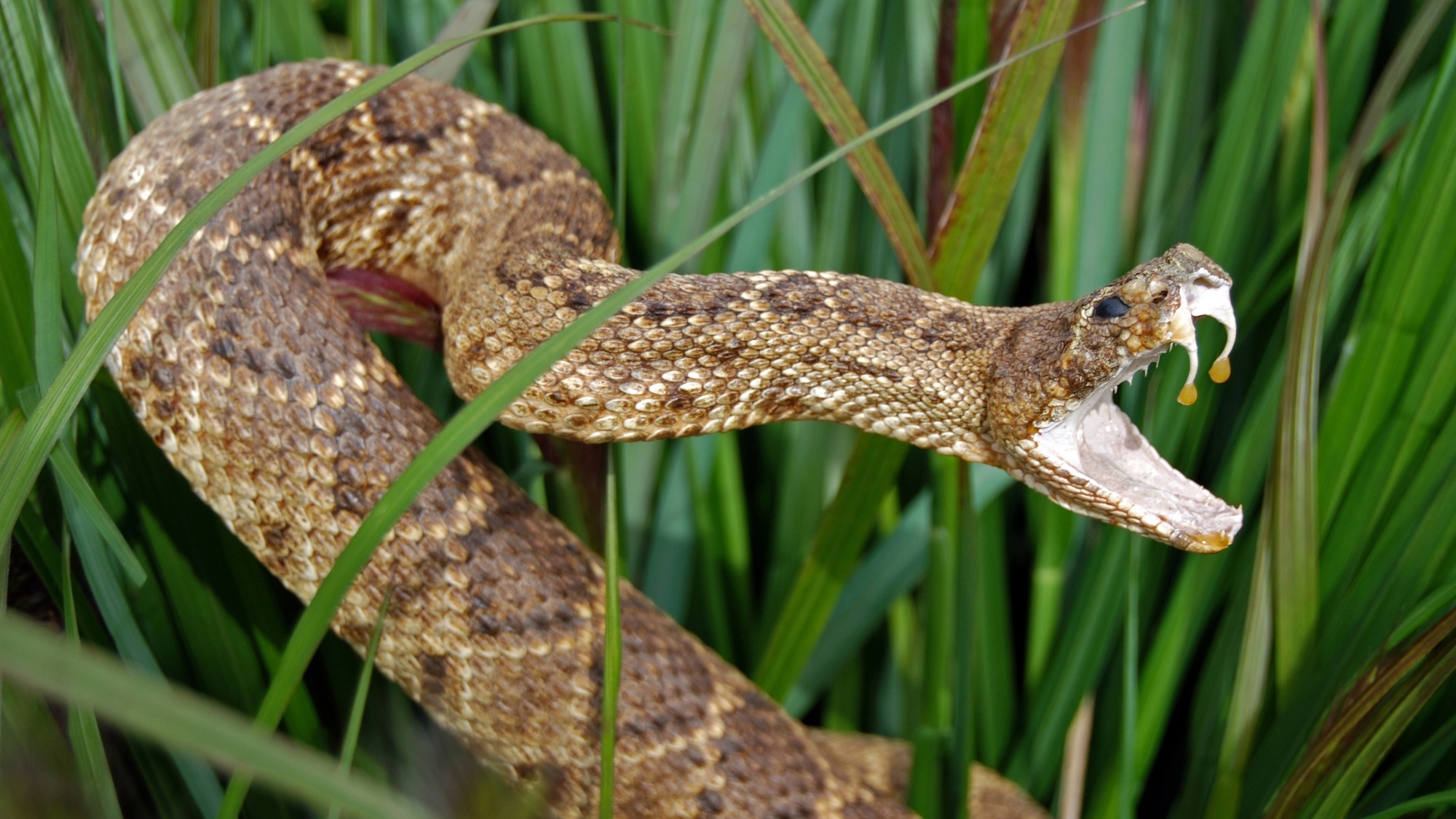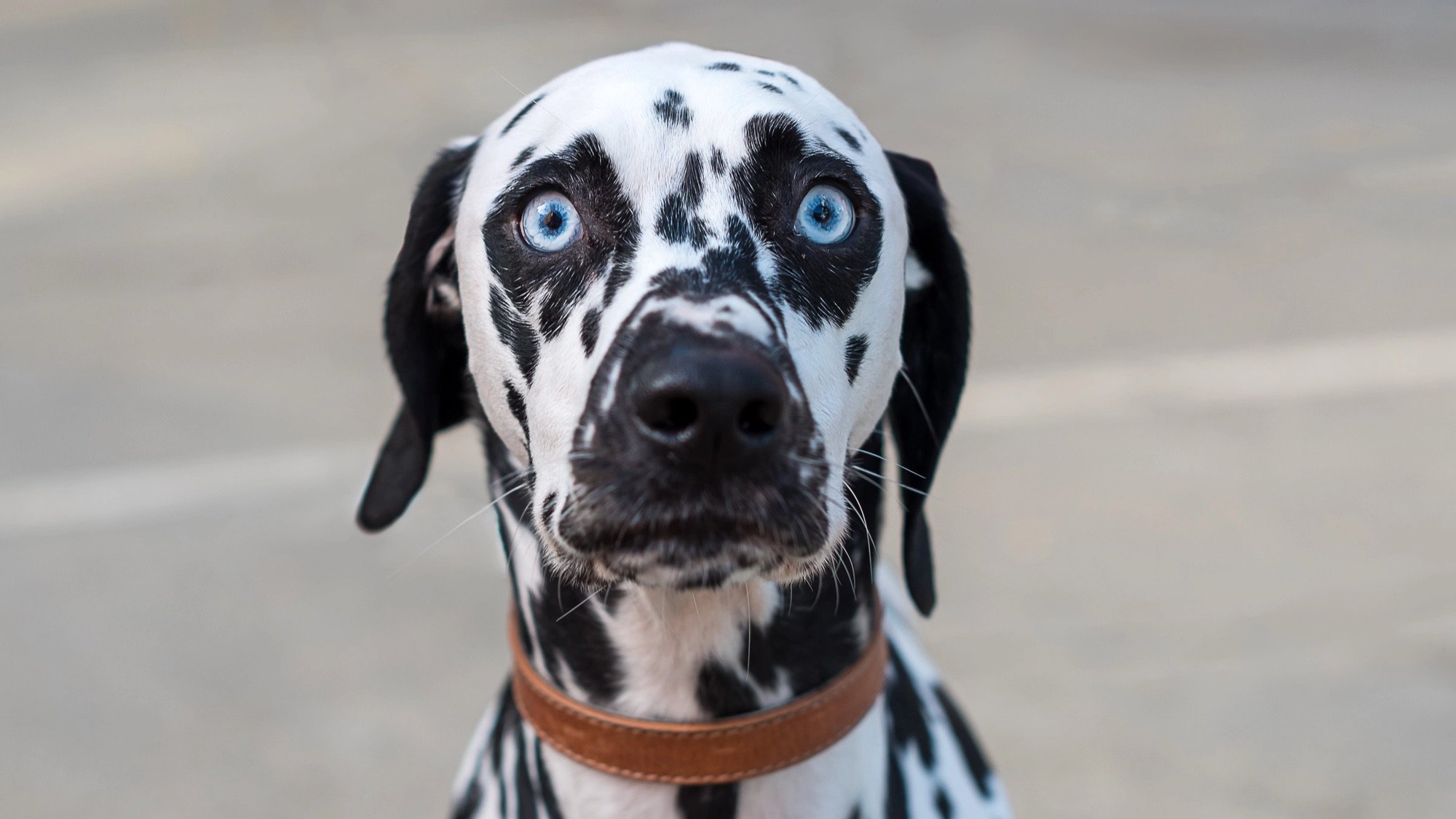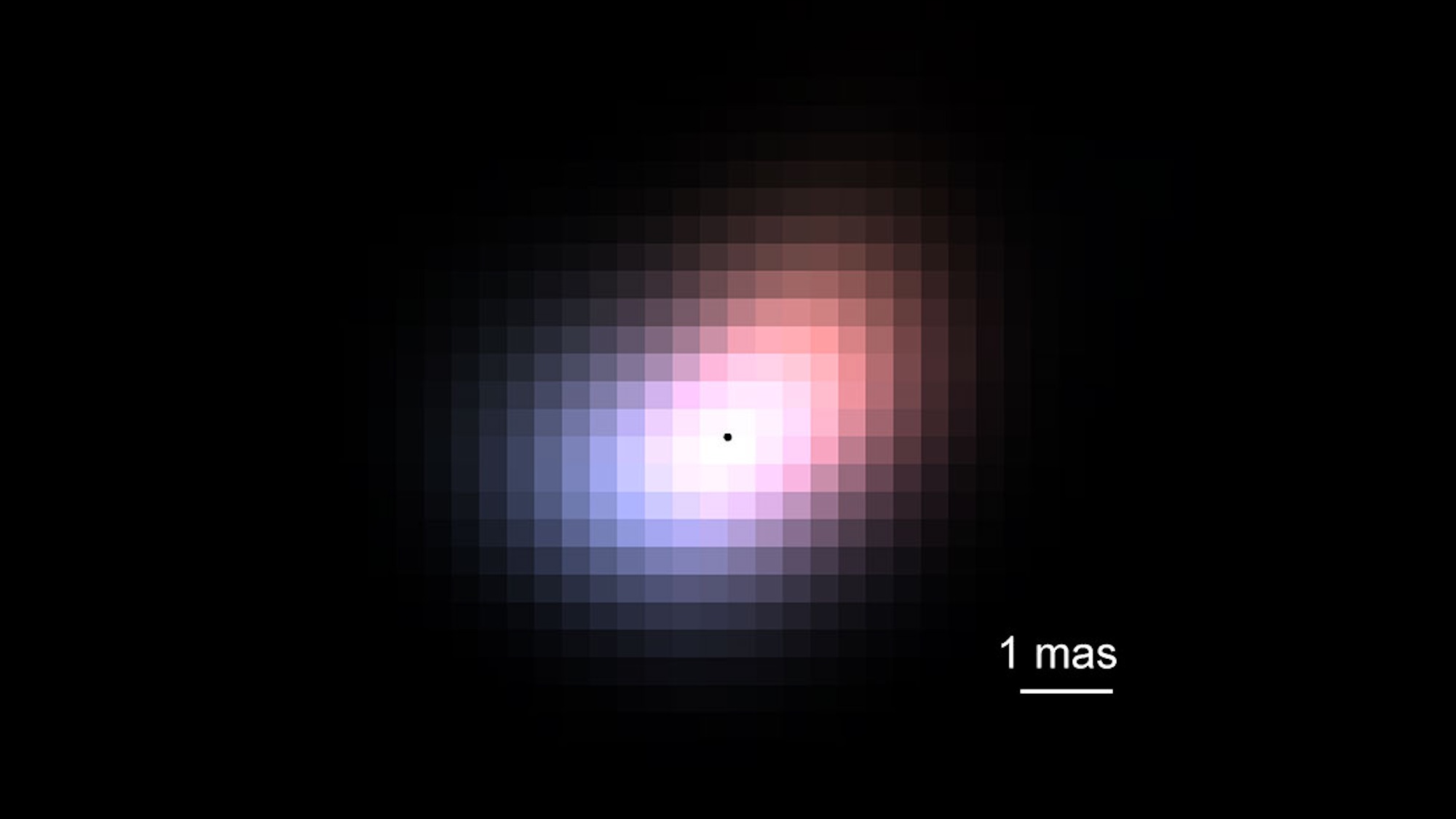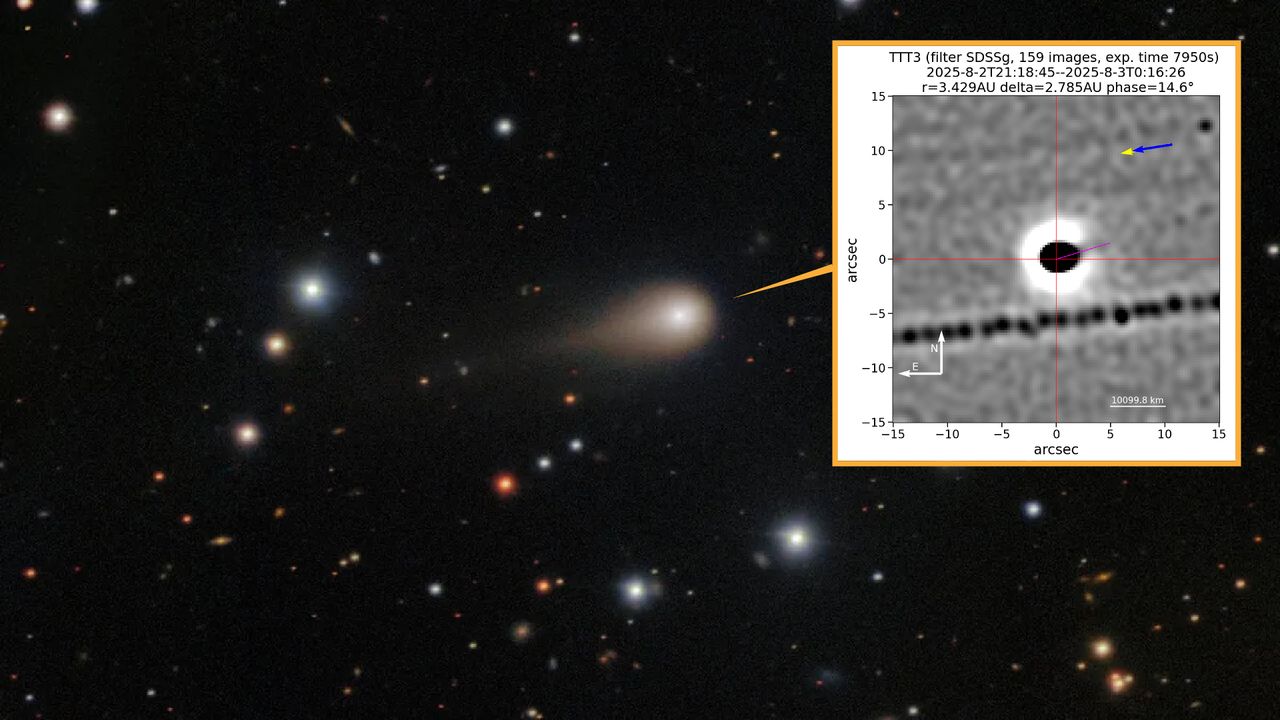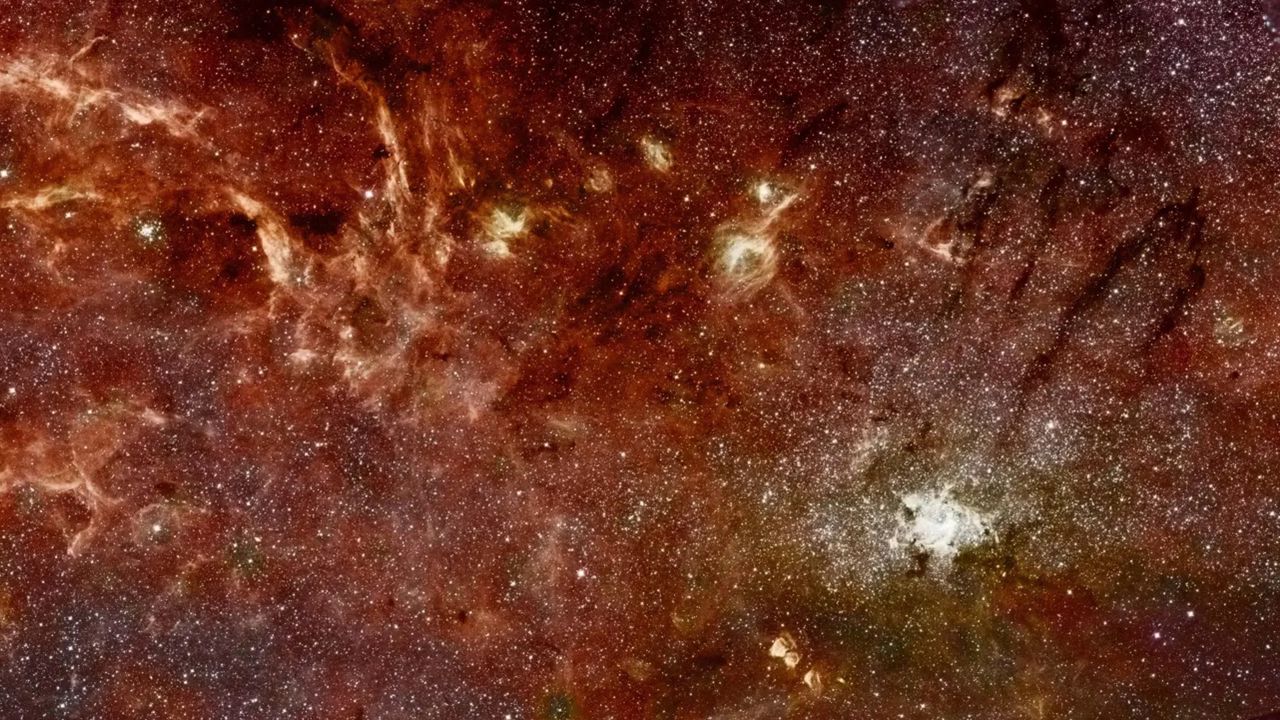Human outsmarts Google DeepMind AI, solving centuries-old ‘kissing problem’
PositiveScience

In a remarkable achievement, a human has outsmarted Google DeepMind's AI by solving the centuries-old 'kissing problem,' which involves determining how many spheres can touch a single central sphere. This breakthrough not only showcases human ingenuity but also highlights the limitations of AI in tackling complex mathematical challenges. It serves as a reminder of the unique problem-solving abilities humans possess, even in an age dominated by advanced technology.
— Curated by the World Pulse Now AI Editorial System

